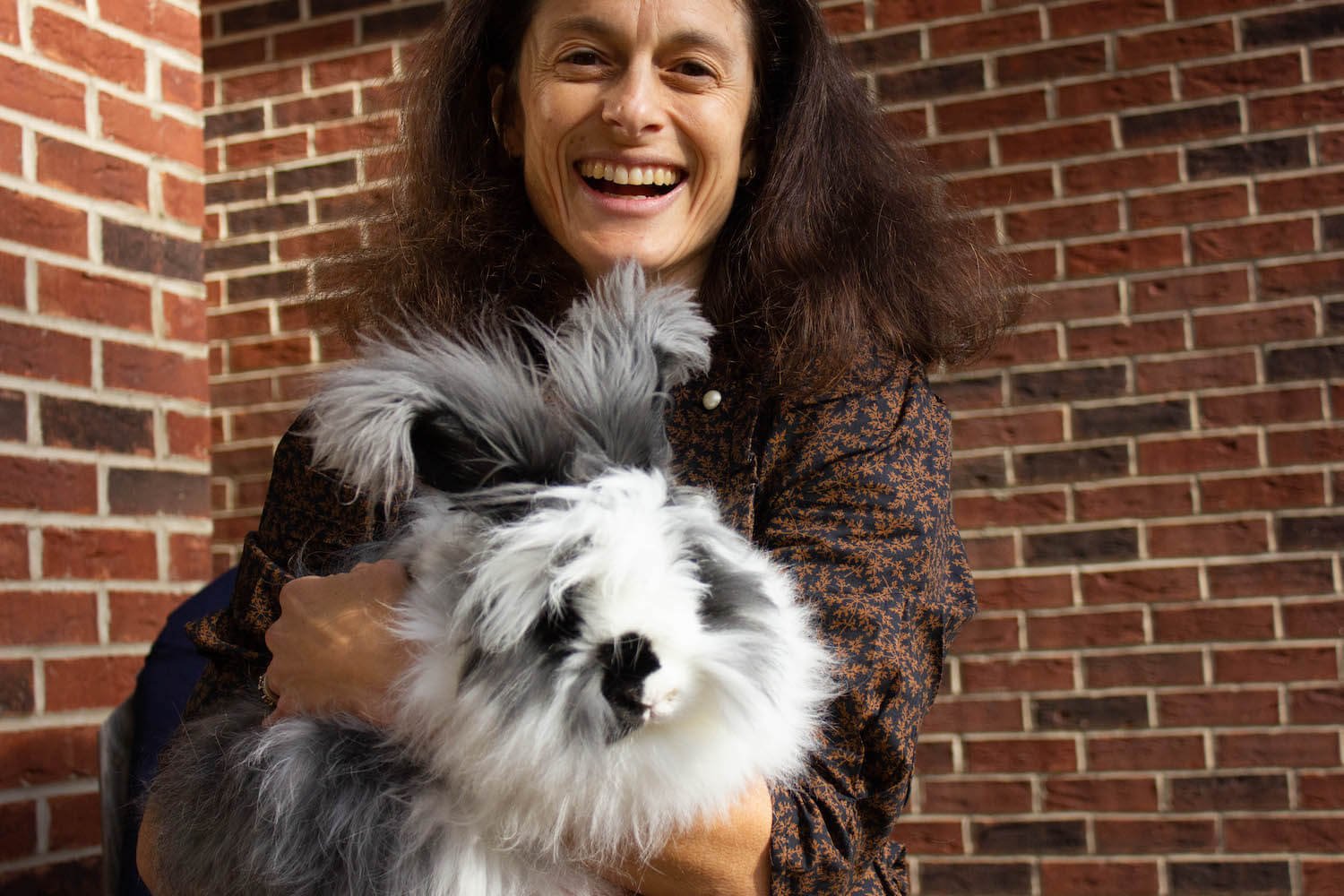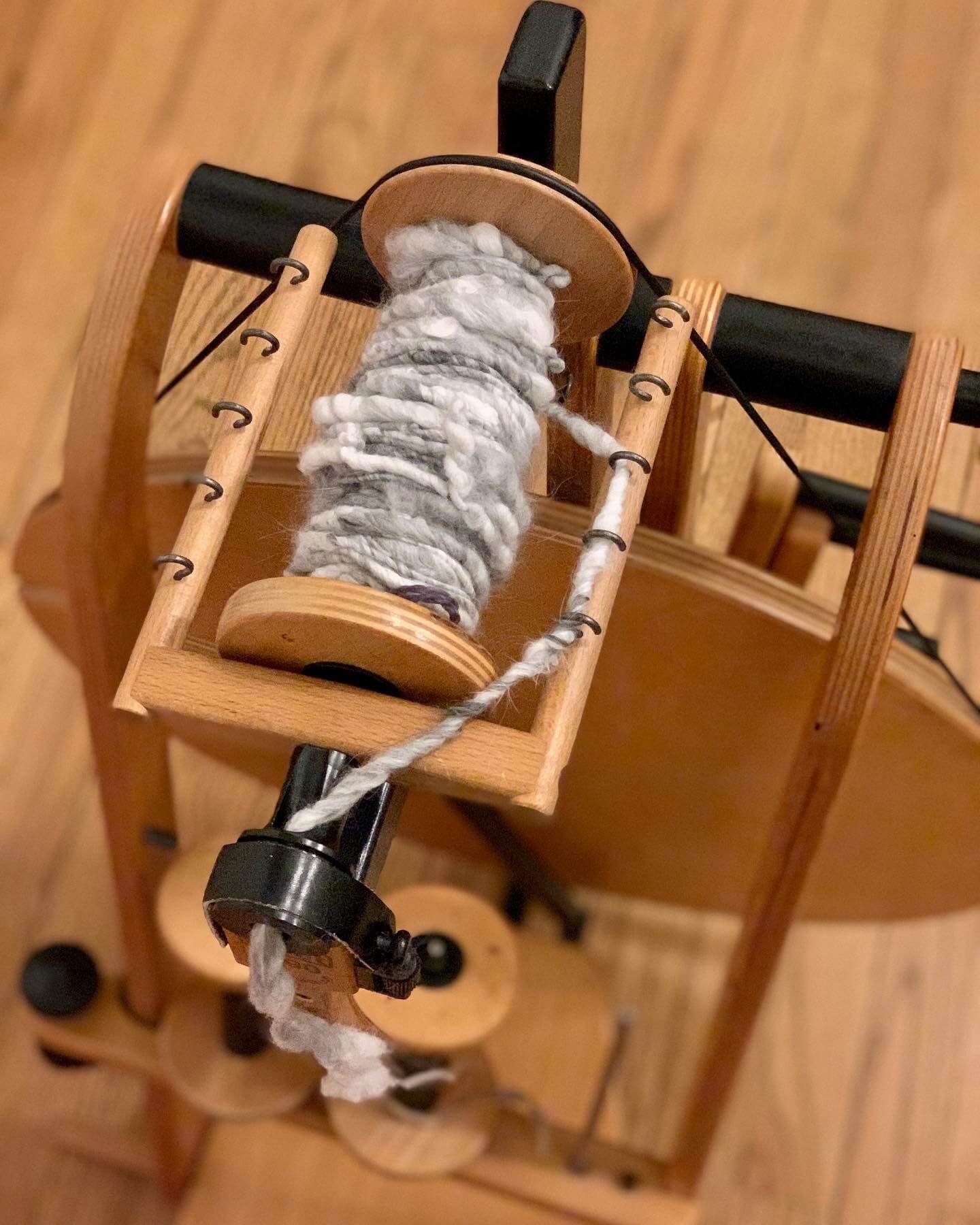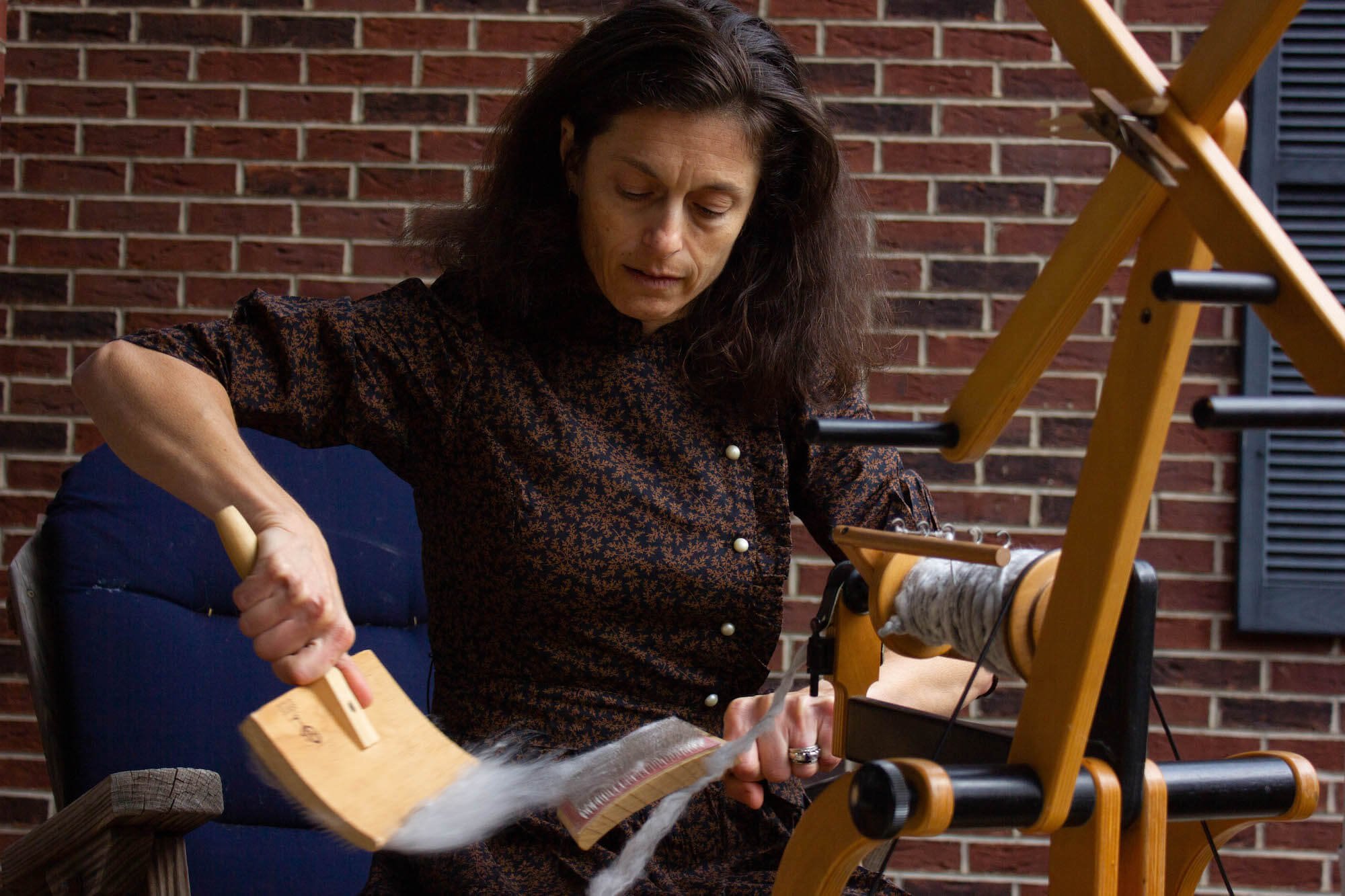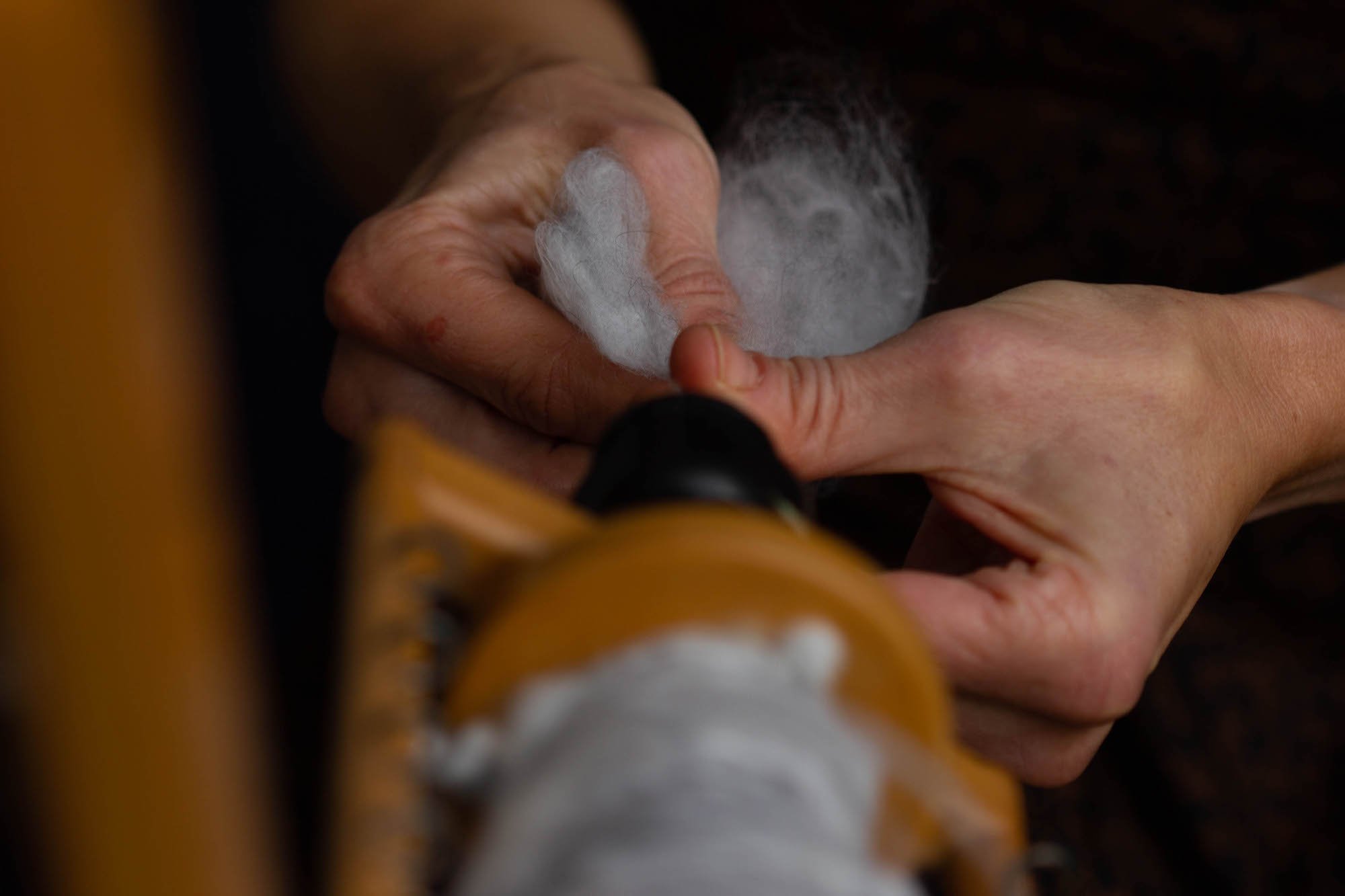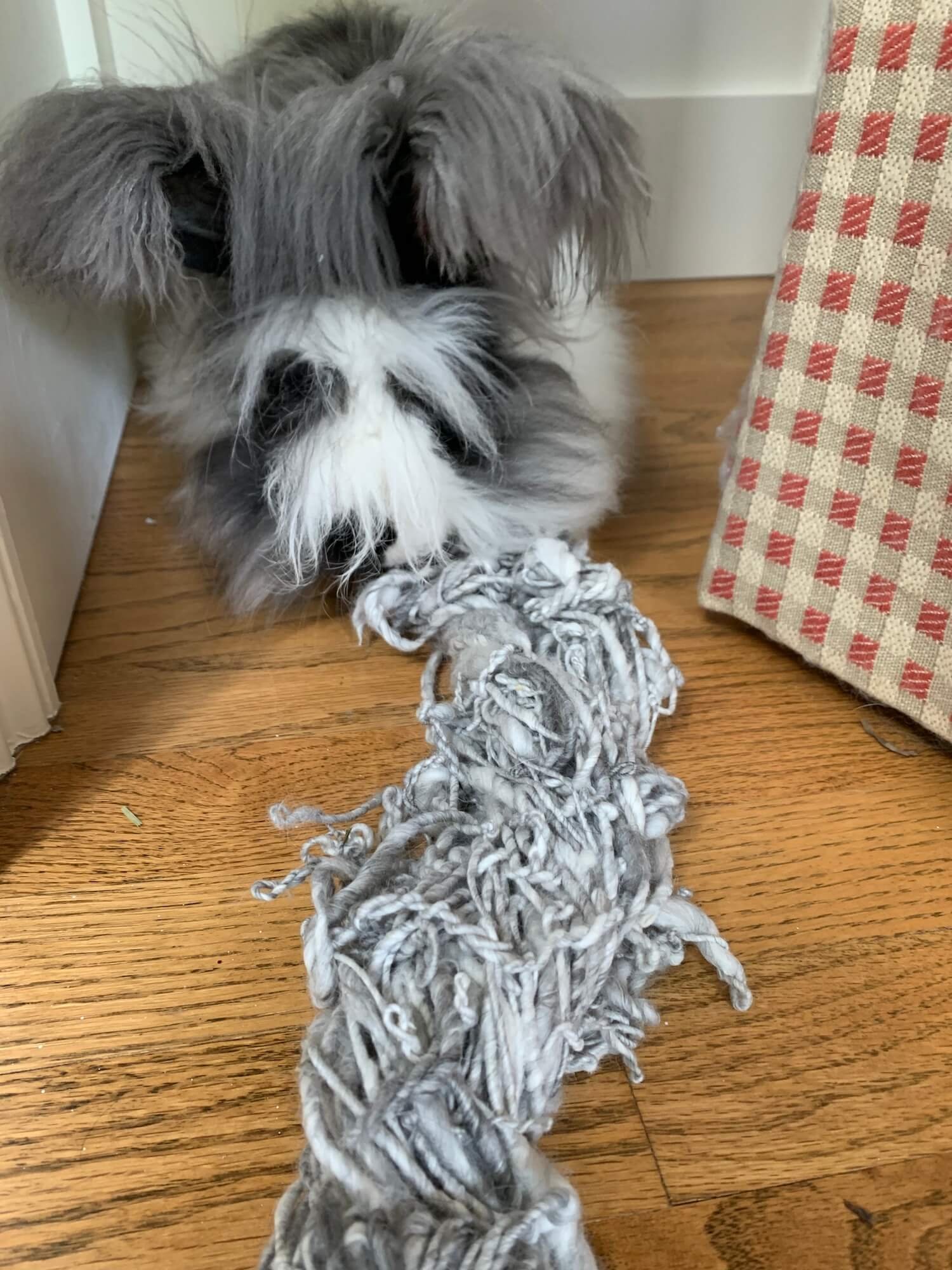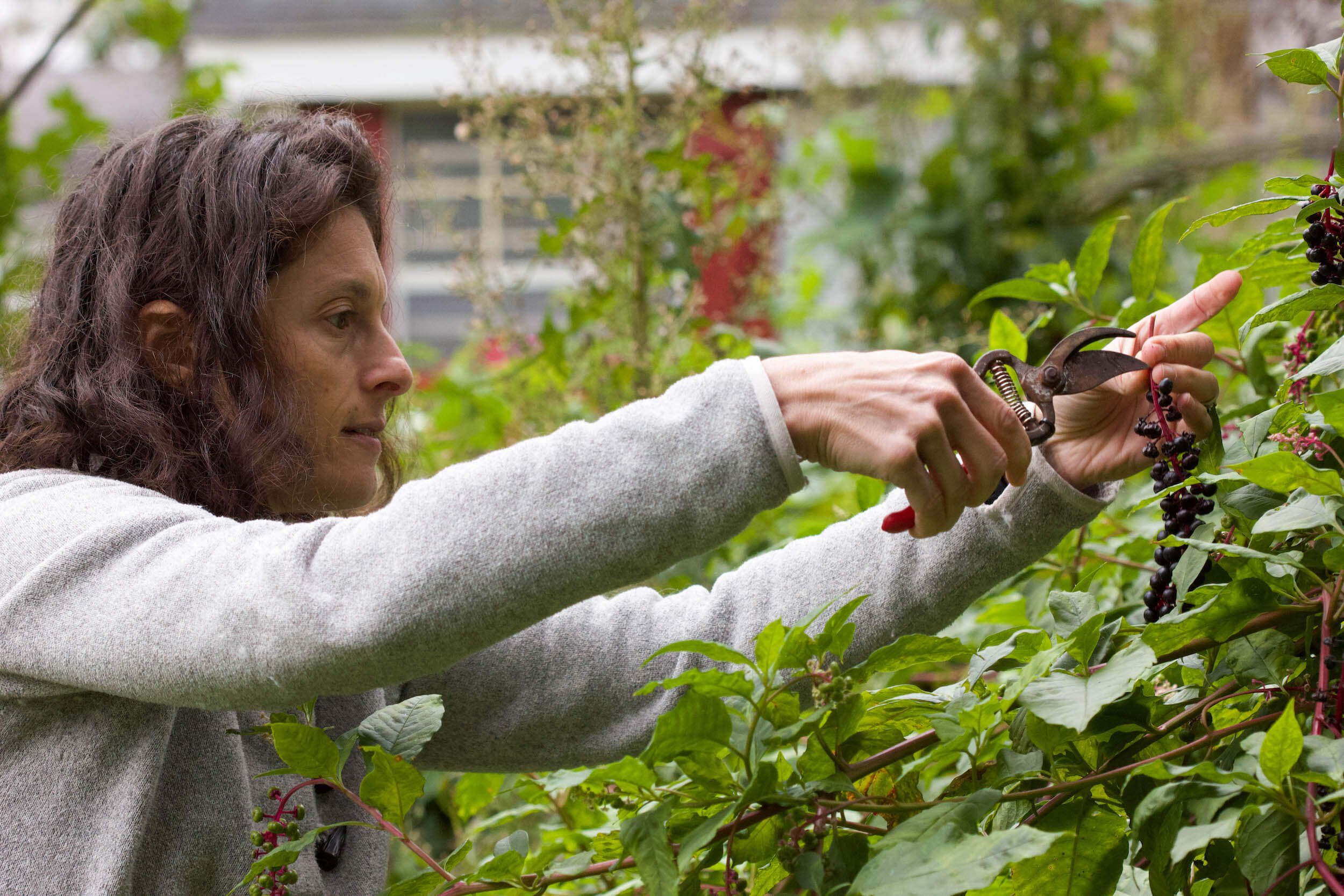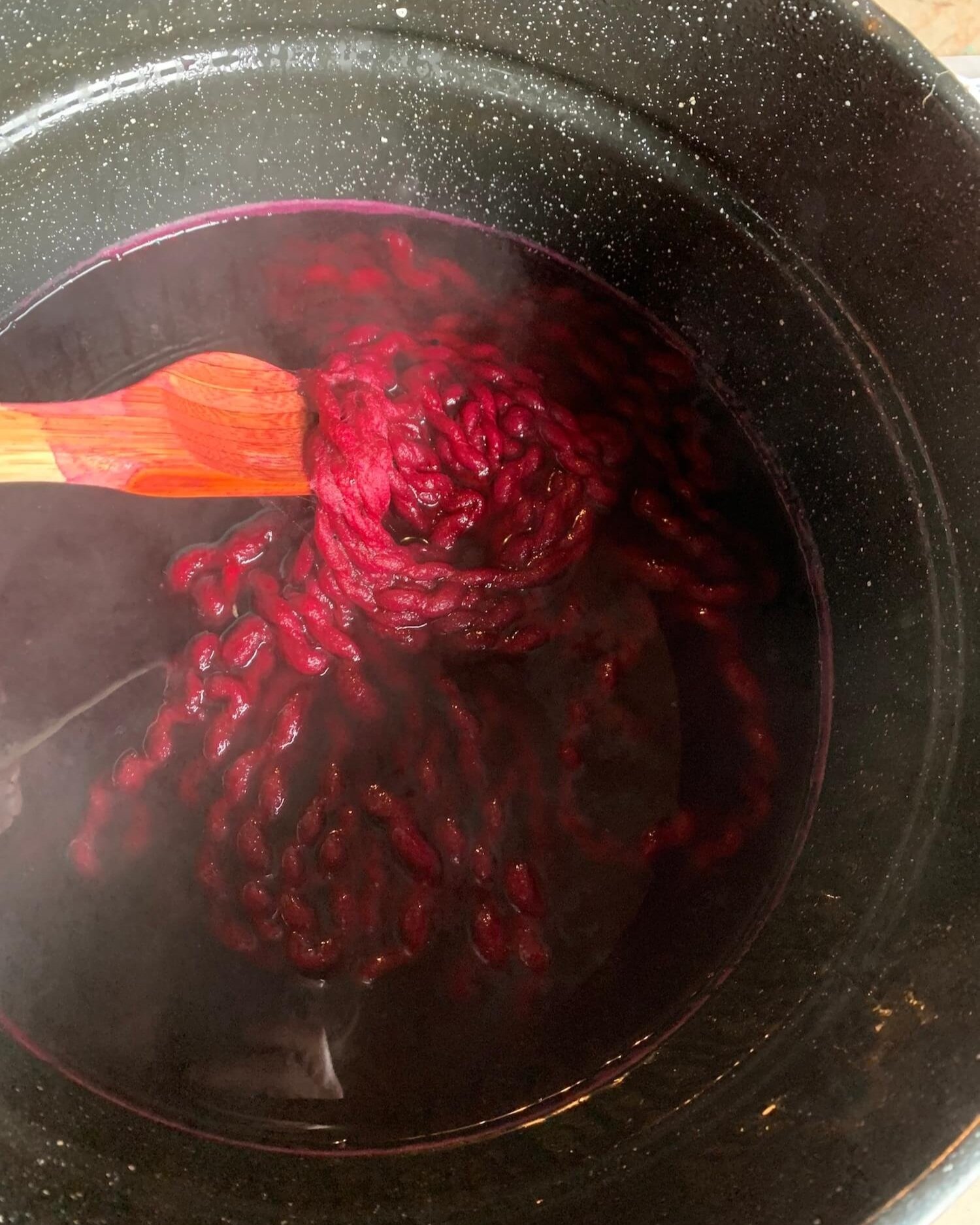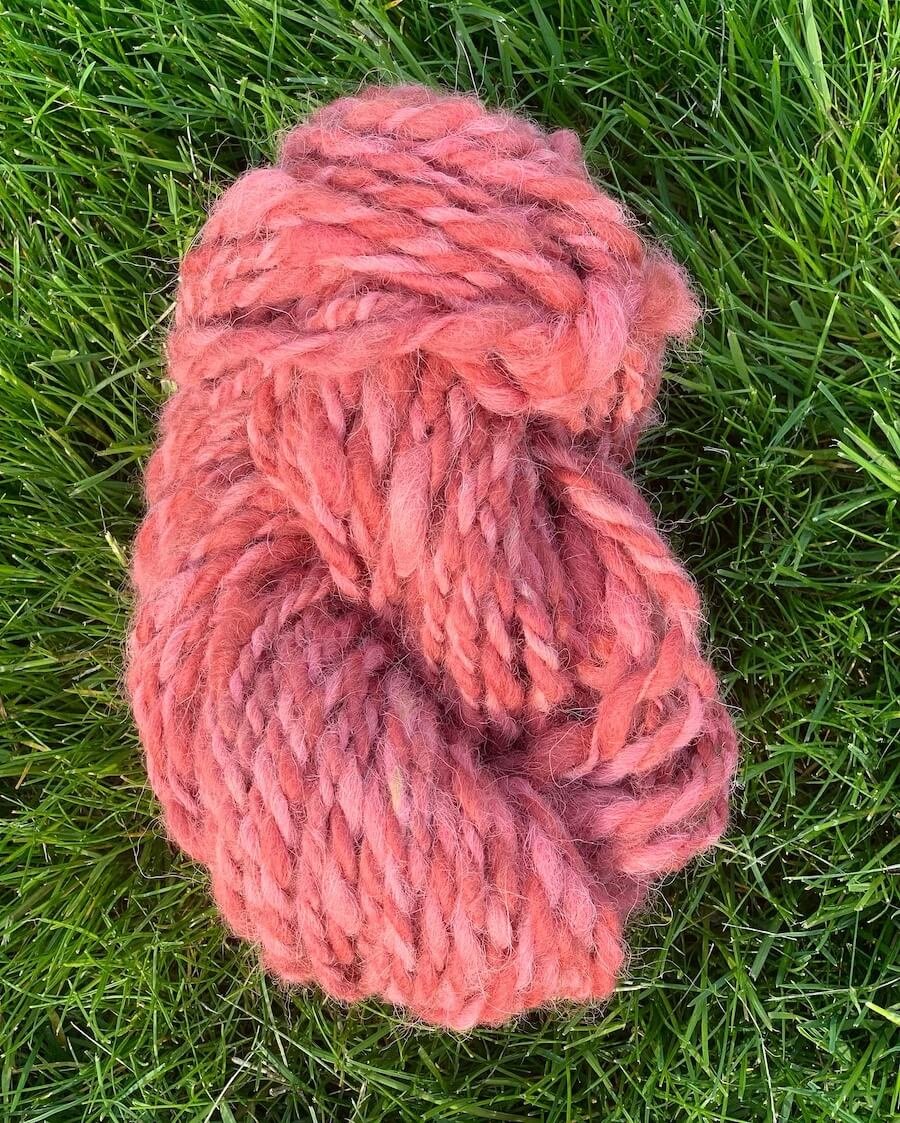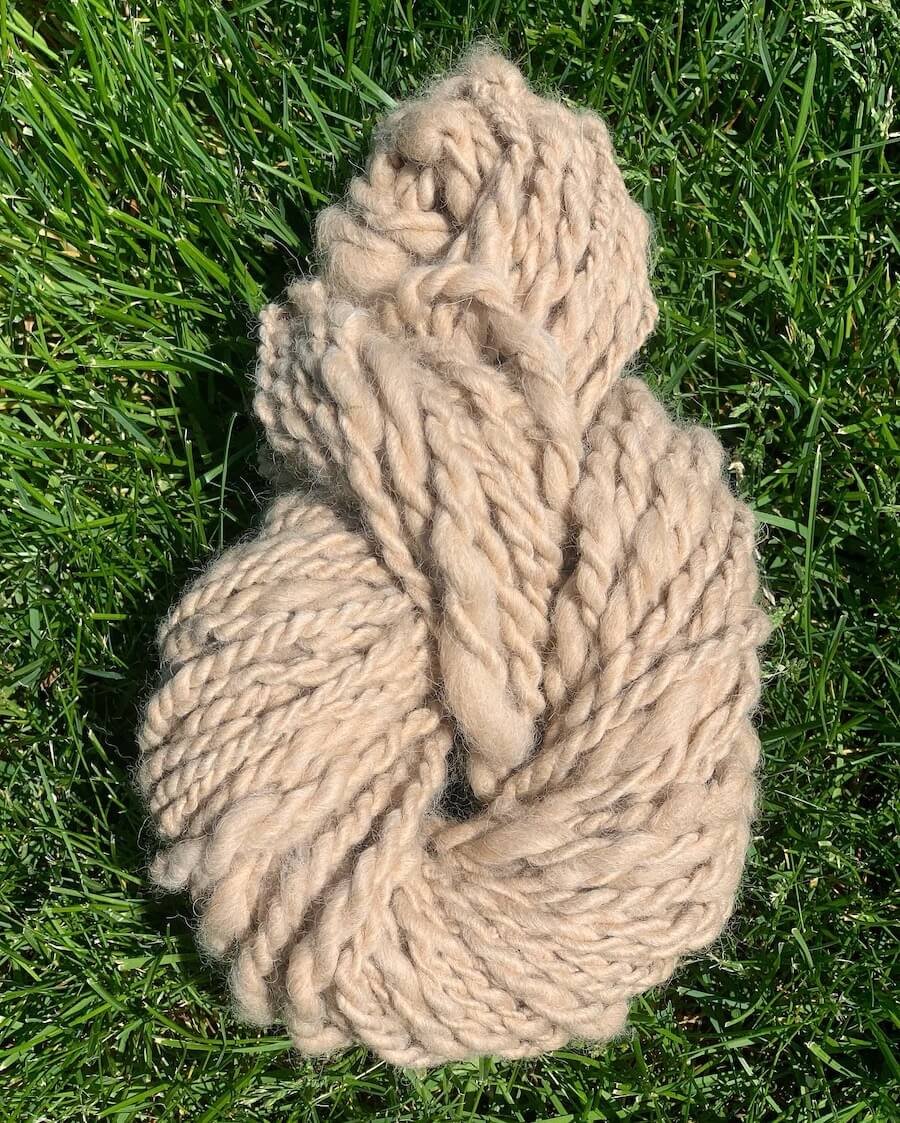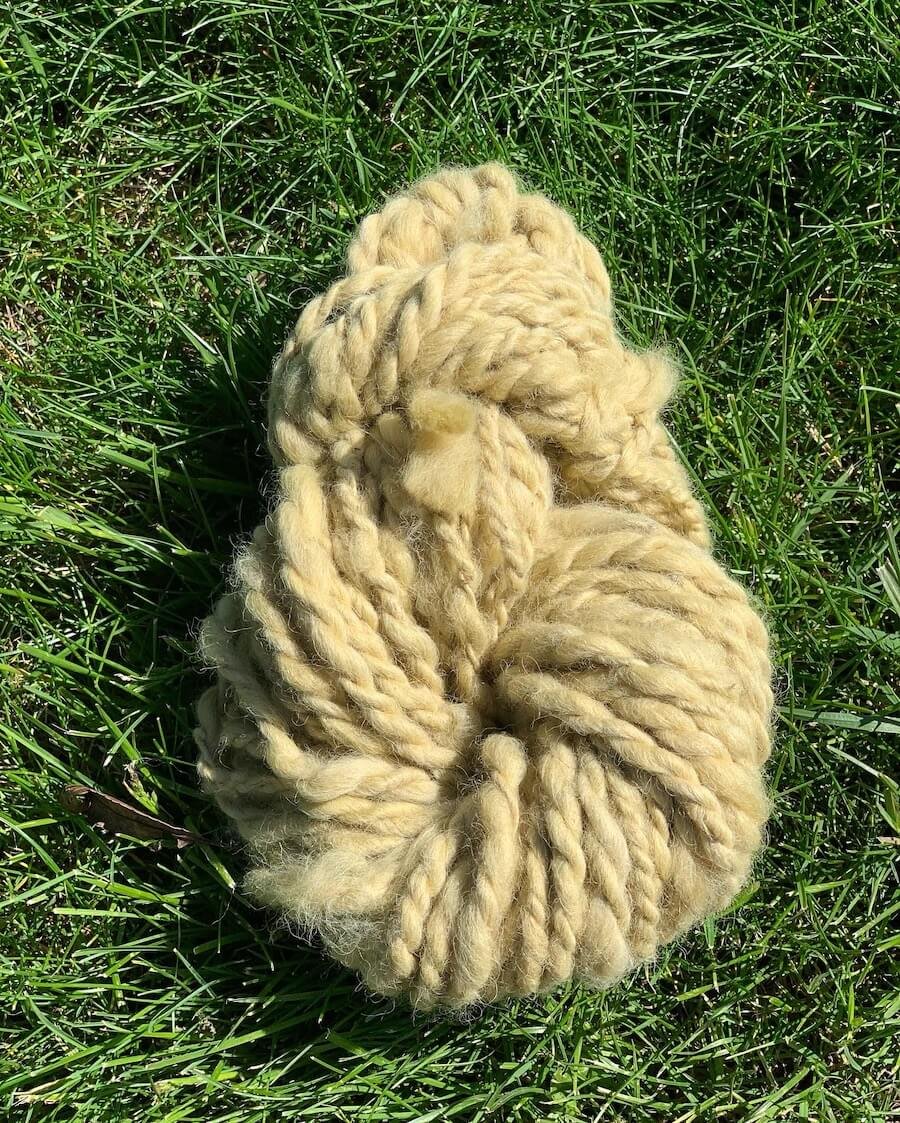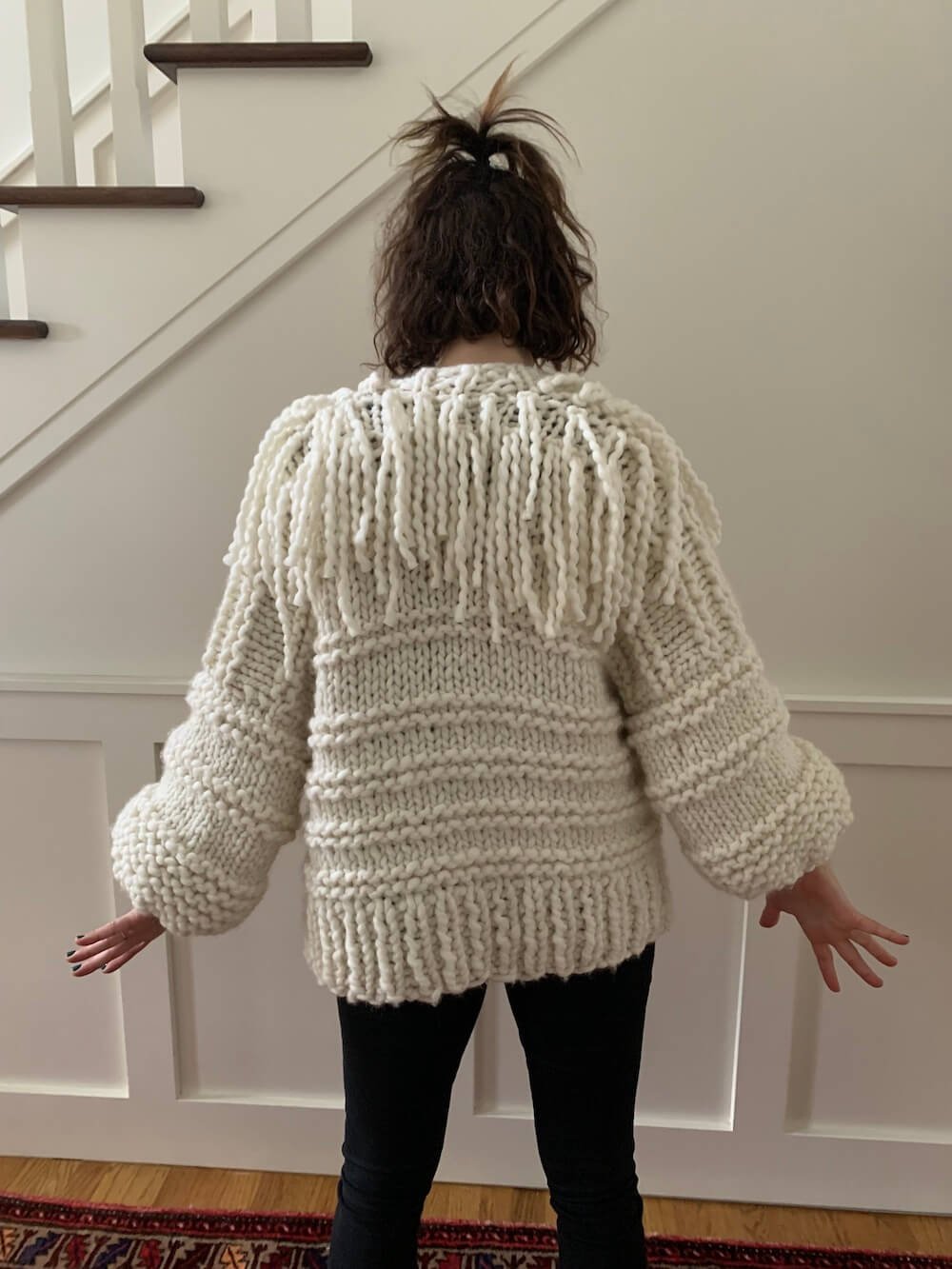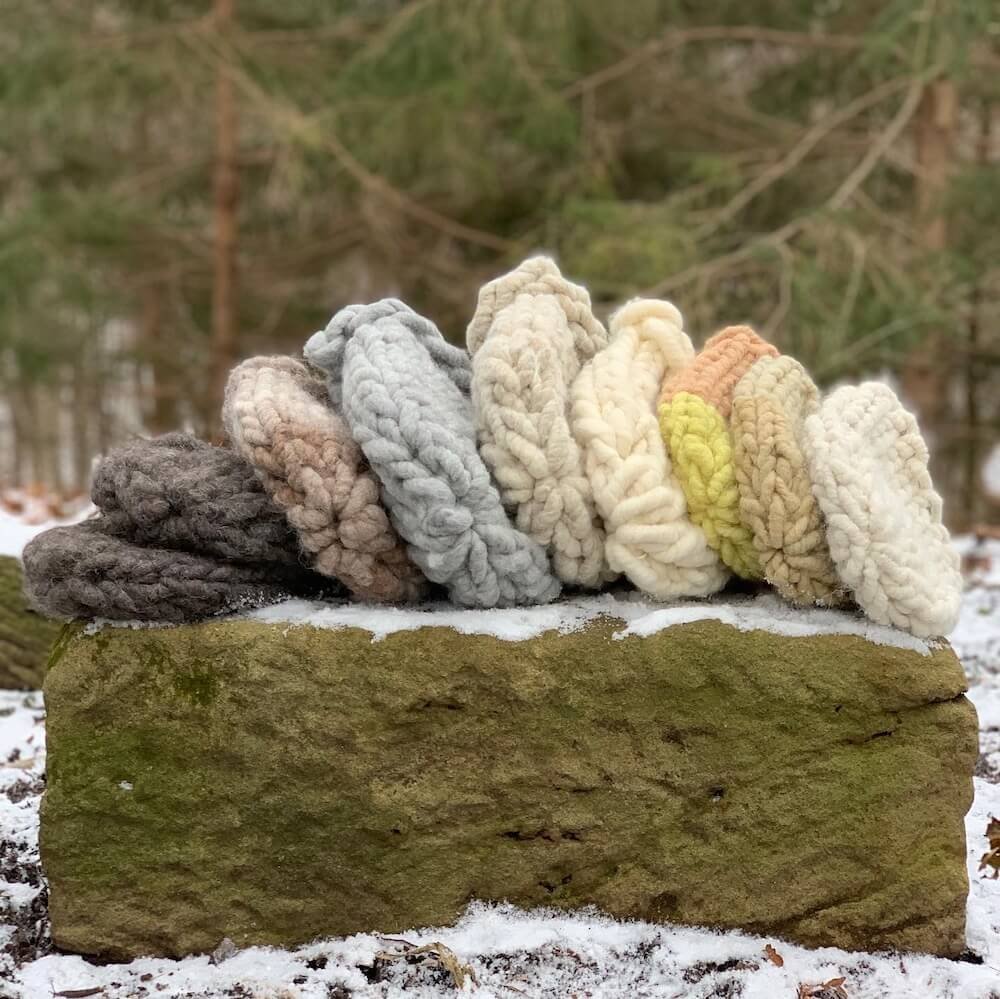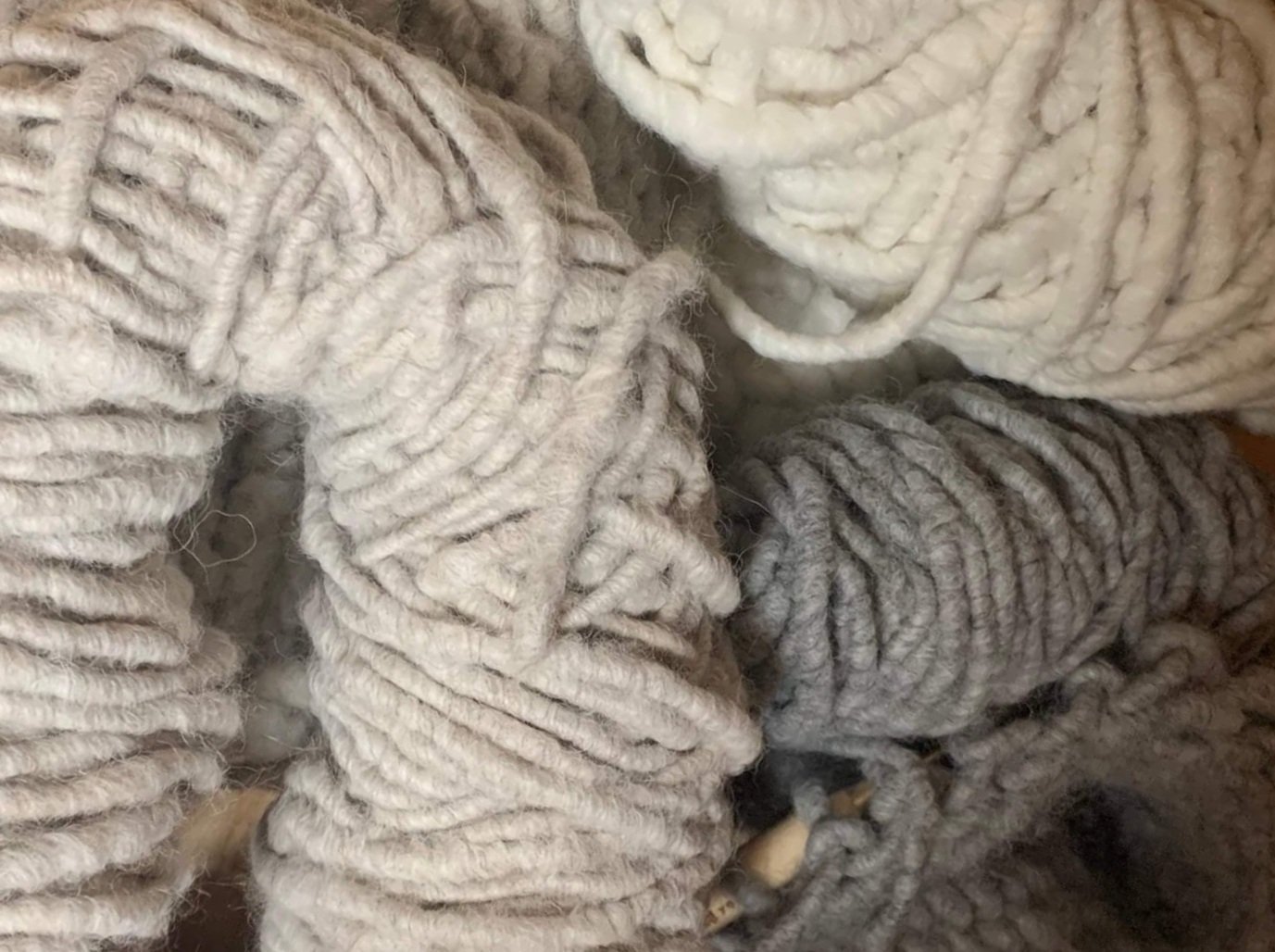
One Bunny’s Wool
Our fiber arts journey all started with a children’s book…
One evening my family and I were reading the book Where Did My Clothes Come From? and came to the part where the book explains the different animal sources of fiber for clothes: Yak, Llama, alpaca, angora rabbit…
My daughter asks “can we get an angora bunny and harvest her fur and spin it and knit it to make clothes?”
“Absolutely!” I say… hmmm… I’d better learn how to knit!
and just like that…
a whole new adventure in our lives began!
Meet Patches.
This fluffy “little” bunny is our English Angora rabbit. This soft fluff ball makes us smile and laugh every day… yes, she really looks like this!
harvesting her wool lead to learning to spin
Then knitting. So much knitting.
It brings me such joy to knit for hours - it brings about a peacefulness that I relish, and is even better knowing it will be worn and loved by someone else.
Patches approves.
an incredible network of local fiber purveyors
The Rustbelt Fibershed is a “bioregional textile community growing hope and resilience through local fiber, local color, and local labor.” This beautiful community of open, sharing individuals has became an integral part of the picture for Base Camp Farm. Ultimately, they’ve inspired me to dive into creative ways to continue to work in a farm-to-fiber system using Patches’ fiber at our farm, and connect with others on similar journeys.
This network has brought me so much knowledge, inspiration and not least of all, hope for what is possible when we commit to an idea and forge ahead in community. I encourage you to check them out!
Natural Dye Garden
Inspired by an online course for educators through the Center for Art Education and Sustainability, I am foraging seasonal plants in my neighborhood and planning to grow a dye garden that I can use on both the yarn I spin myself, as well as other fiber purchased from local farms, allowing me to connect to the land through seasonal shifts and mindful harvesting.




